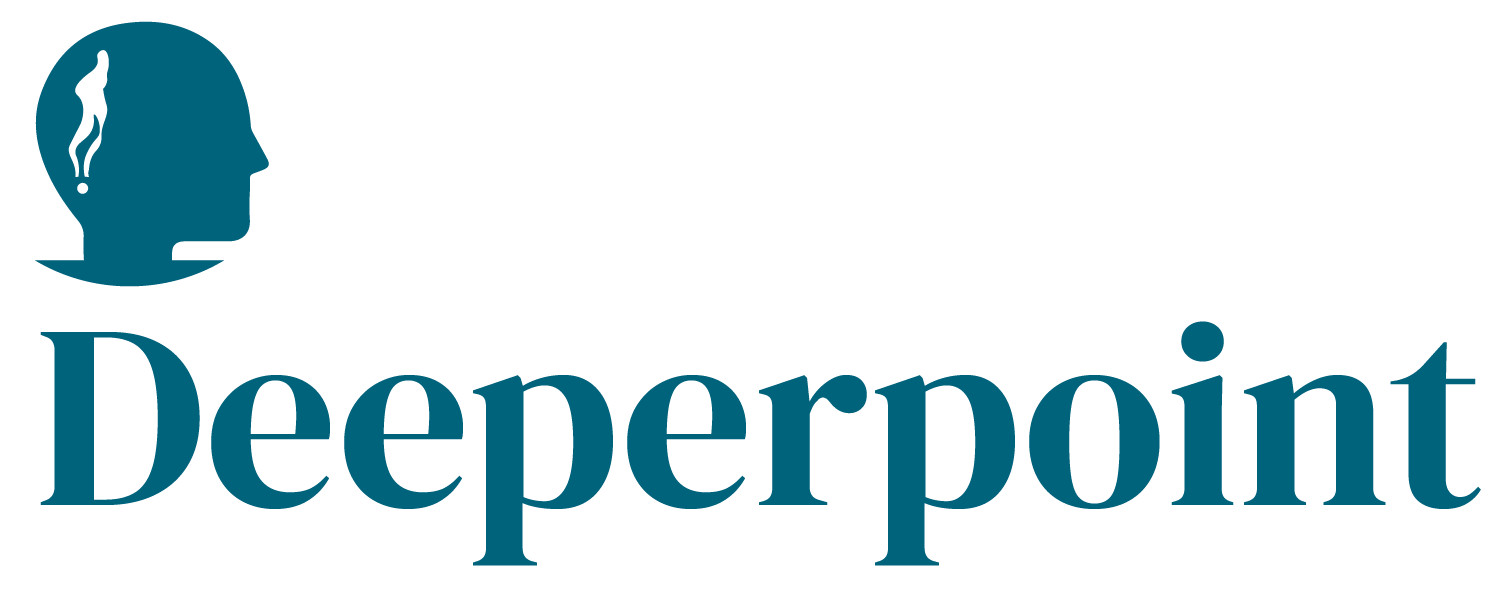Vision
LFSE reduces waste and food insecurity by connecting farms, grocers, and restaurants with community kitchens, shelters, and buyers who can use surplus in fractional lots. The vision is a dynamic, city-scale redistribution network that turns unpredictability into supply for those who need it. Sponsors back a model that yields environmental, social, and fiscal returns.
Problem
Surplus supply is volatile and perishable; recipients have limited storage, transport, and menu planning capacity. Compliance, safety, and labeling rules are complex and documented in scattered PDFs and spreadsheets. Without trusted coordination, much edible food is discarded while demand remains unmet.
Solution
Cosolvent standardizes surplus listings, safety attestations, and pickup windows while enabling LLM+RAG over unstructured documents. Suppliers and recipients upload invoices, ingredient lists, allergen sheets, and municipal guidelines; the system answers questions—“which items meet our dietary constraints?”—and extracts scheduling and compliance details for routing. ClientSynth simulates daily surplus flows and recipient constraints to optimize dispatch rules and demonstrate waste reduction ROI to sponsors before scaling citywide.
Business Model
Revenue sources include municipal contracts, CSR sponsorships, and small transaction fees for large volume matches. White label deployments can serve campus networks or hospital systems. Sponsors receive dashboards on diverted tonnage, meals enabled, and compliance adherence—clear metrics that justify expansion.
